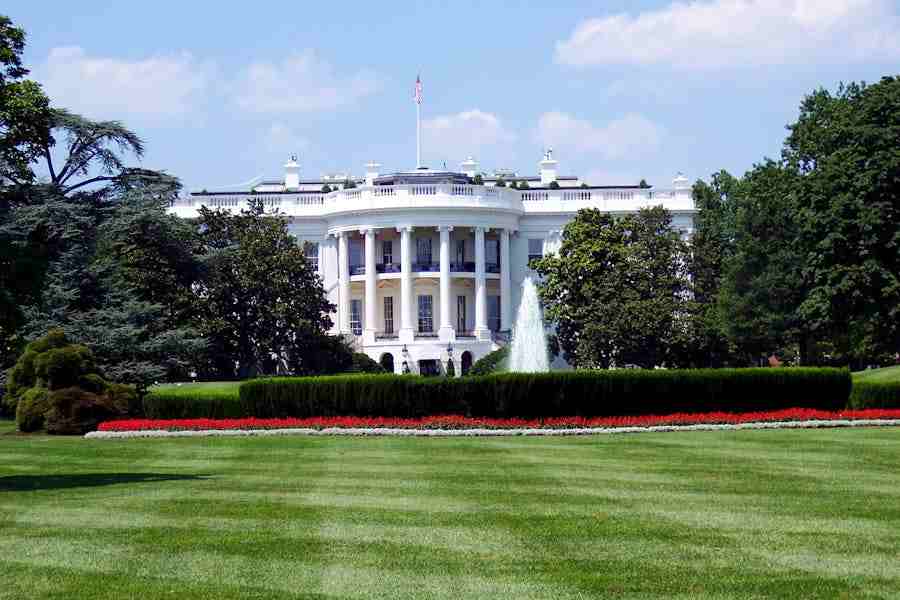
As the 2024 presidential election approaches, the Republican primary in Alaska gains attention. This state, known for its unique political landscape and distinct voter demographics, plays a vital role in shaping the Republican candidate field. While national figures dominate headlines, Alaska’s primary will significantly influence the party’s direction and candidate selection.
What is the significance of the Republican Party primary in Alaska for the 2024 presidential election?
The Republican Party primary in Alaska is crucial as it allows local party members to choose their preferred candidate for the presidential election. With a relatively small number of delegates, Alaska’s primary may not alter the overall national dynamics but serves as an early indicator of candidate viability and voter sentiment among Alaskan Republicans.
Alaska’s Political Climate
Alaska offers a distinctive political environment influenced by its diverse population and expansive geography. Traditionally leaning toward conservative values, the state has shown support for both moderate and far-right candidates in recent elections. The 2024 primary promises to reveal how local issues, such as resource management and indigenous rights, impact voter preferences.
Delegate Allocation
In the 2024 election cycle, Alaska will allocate its Republican delegates through a winner-take-all system. There are a total of 28 delegates available, which are essential for candidates aiming to secure the party’s nomination. The following table summarizes the delegate distribution and its significance for the candidates:
| Delegate Count | Importance |
|---|---|
| 28 | Critical for nomination trends across the U.S. |
Key Candidates
Several prominent candidates have emerged in the Republican field for the presidential primary in Alaska. Below are some of the main contenders vying for support:
Donald Trump
The former president continues to hold strong support within the Republican base. Trump’s influence remains significant in Alaska, where his policies on energy production resonate with local economic interests. His popularity could lead to a robust showing in the primary.
Ron DeSantis
As the Governor of Florida, Ron DeSantis brings a strategically positioned candidacy. His focus on state-level issues that resonate with conservative voters has drawn attention. DeSantis promotes education reforms and public health initiatives, aligning with the interests of Alaskan voters.
Nikki Haley
Former U.N. Ambassador Nikki Haley presents herself as a more moderate option within the Republican race. Her foreign policy credentials and approach to social issues may appeal to a broader audience within the state. Haley’s campaign emphasizes unity within the party and pragmatic governance.
Vivek Ramaswamy
A newcomer on the political scene, Vivek Ramaswamy advocates for a return to traditional conservative values. His outsider status may attract voters who prioritize authenticity and fresh ideas. Ramaswamy’s campaign focuses on economic revitalization and cultural issues that resonate with younger voters.

Voter Demographics
Understanding the demographics of Alaskan voters provides insight into how candidates might tailor their messages. Key demographic factors include:
- Age Distribution: A significant portion of the electorate is comprised of older voters, who tend to favor more traditional conservative candidates.
- Indigenous Communities: Alaska’s indigenous population, which constitutes about 15% of the state’s residents, plays a key role in shaping local political outcomes. Candidates who engage with these communities may garner substantial support.
Recent Polling Data
Recent polling data reveals insights into voter preferences. As of late 2023, the following table outlines the support levels for leading candidates among likely Republican primary voters in Alaska:
| Candidate | Support % |
|---|---|
| Donald Trump | 45 |
| Ron DeSantis | 25 |
| Nikki Haley | 15 |
| Vivek Ramaswamy | 10 |
These numbers indicate a strong lead for Trump, but the support for DeSantis shows potential for growth as the primary approaches.
Key Issues in the Primary
Several pressing issues are likely to influence Alaskan voters in the upcoming primary. Candidates must effectively address these topics to appeal to the electorate:
Energy Policy
Given Alaska’s reliance on oil and natural gas, candidates’ positions on energy independence and resource management are crucial. The push for renewable energy solutions alongside traditional energy sources is a significant point of debate.
Climate Change
Alaska is on the frontline of climate change impacts. Voters are increasingly interested in candidates’ approaches to environmental conservation while balancing economic interests. A nuanced understanding of this topic could resonate well with the electorate.
Indigenous Rights
Candidates must engage with indigenous communities regarding land rights and resource development. Those who forge strong connections with these communities may gain valuable support.
Conclusion
The 2024 Republican Party primary in Alaska presents an important moment for candidates to showcase their vision and policies. With a diverse range of candidates and significant local issues at play, the outcome in Alaska will provide insights into the broader national picture. As the primary date approaches, candidates will need to adapt their strategies to resonate with Alaskan voters, making this contest one to watch closely.
Looking Ahead
As the political landscape evolves, Alaska’s primary represents a microcosm of national trends within the Republican Party. Voter engagement, candidate strategy, and pressing local concerns will determine the primary’s outcome, influencing the ultimate nominee who will represent the party in the 2024 presidential election.





